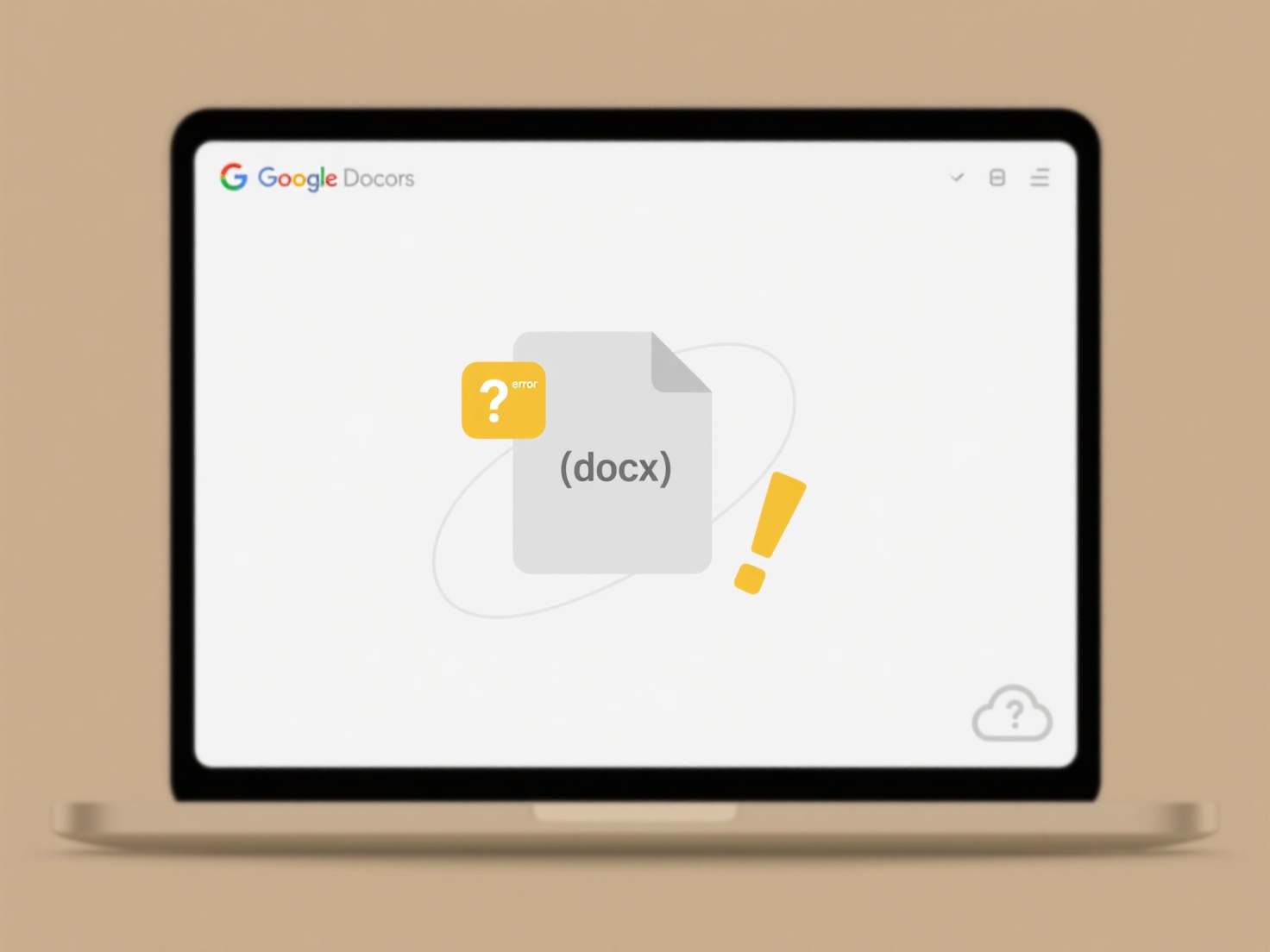
Saving files with language-specific tags like EN for English or FR for French involves appending standardized ISO language codes to filenames. This practice differs from generic tags by specifically identifying the primary human language of the file's content. It works by adding a short, recognizable suffix (e.g., _EN or .fr) either before or after the file extension, making the language immediately identifiable without opening the file.

This is essential in multilingual projects for software localization, marketing, and documentation. For instance, a website might have design assets like banner_homepage_FR.png for French users, while a software developer keeps configuration files such as error_messages_EN.properties alongside translated versions like error_messages_DE.properties. Content management systems often utilize such tags for organizing multilingual resources.
The main advantage is significantly improved organization and workflow efficiency in global projects, reducing errors in deploying the wrong language version. However, it relies on manual consistency during naming and doesn't inherently manage file content or translations. This straightforward approach remains widely adopted, forming the foundation for more advanced localization systems that manage multilingual assets.
Can I save files with language-specific tags (e.g., EN, FR)?
Saving files with language-specific tags like EN for English or FR for French involves appending standardized ISO language codes to filenames. This practice differs from generic tags by specifically identifying the primary human language of the file's content. It works by adding a short, recognizable suffix (e.g., _EN or .fr) either before or after the file extension, making the language immediately identifiable without opening the file.

This is essential in multilingual projects for software localization, marketing, and documentation. For instance, a website might have design assets like banner_homepage_FR.png for French users, while a software developer keeps configuration files such as error_messages_EN.properties alongside translated versions like error_messages_DE.properties. Content management systems often utilize such tags for organizing multilingual resources.
The main advantage is significantly improved organization and workflow efficiency in global projects, reducing errors in deploying the wrong language version. However, it relies on manual consistency during naming and doesn't inherently manage file content or translations. This straightforward approach remains widely adopted, forming the foundation for more advanced localization systems that manage multilingual assets.
Quick Article Links
Can I use regex (regular expressions) for file search?
Regular expressions (regex) are sequences of characters defining search patterns used to find specific text combinations...
Does Wisfile rename folders as well as files?
Does Wisfile rename folders as well as files? Wisfile focuses exclusively on intelligent renaming of individual files....
Why do some files show in search but won’t open?
A file may appear in search results but fail to open because its metadata (like name, location, and properties) is index...